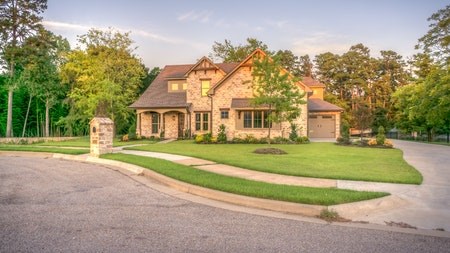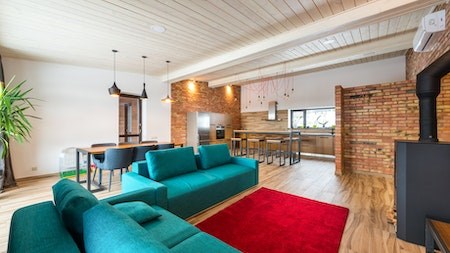A driveway is an important feature of any property. It not only contributes to the beauty of the building’s exterior, but it also assists in alleviating safety hazards outdoors. For those constructing a driveway from scratch, it’s important to know that the return on investment will be the increased value of the property. For old and worn-out driveways, it’s about enhancing the curb appeal. In general, a good driveway is about making sure it’s safe for parking, driving, walking and even playing.
Types of driveways you can consider
1. Brick Driveway
 Brick paved driveways are the most cost effective and yet the least durable from the list of options available. Bricks are made and baked at high temperatures which makes them strong and suitable for outdoor surfaces. They however don’t last long especially in areas with heavy vehicle movement.
Brick paved driveways are the most cost effective and yet the least durable from the list of options available. Bricks are made and baked at high temperatures which makes them strong and suitable for outdoor surfaces. They however don’t last long especially in areas with heavy vehicle movement.
2. Resin-bound driveways
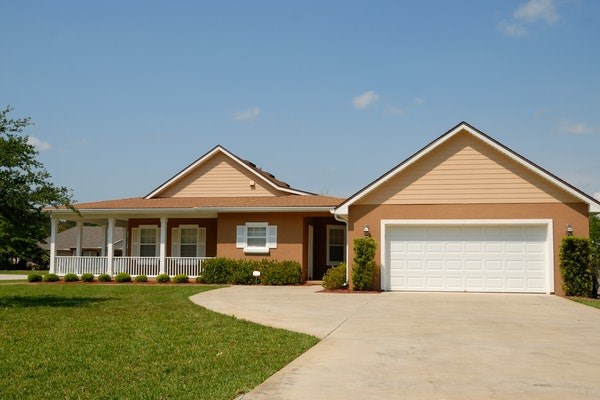 Resin-bound paving is made from mixing aggregate stones and resin. It’s flexible and highly resistant to cracking.
Resin-bound paving is made from mixing aggregate stones and resin. It’s flexible and highly resistant to cracking.
3. Concrete driveway
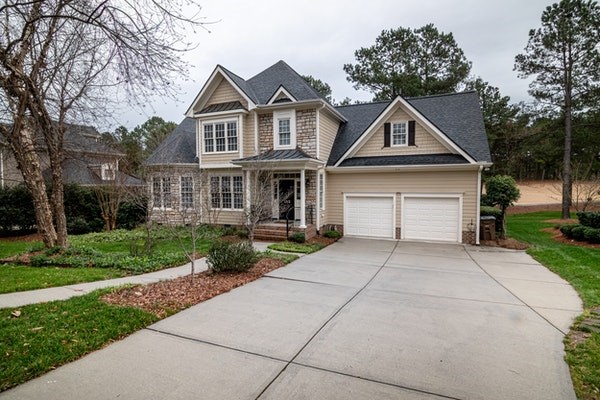
Concrete driveways are made from cement and laid out as concrete slabs. To avoid the plain look, you can add some colour and stamp it to achieve an attractive and durable surface.
4. Gravel and stone driveways
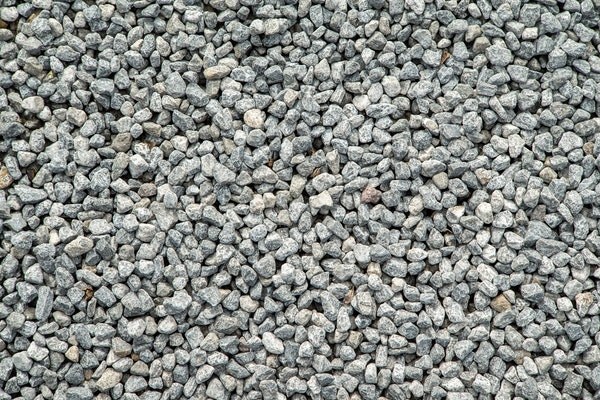 This type of driveway is created from a mixture of loose rock or stone that is larger than sand but smaller than cobble. It’s easy to lay on the ground but the surface will need rearranging every now and then when the gravel and stones move due to the movement of vehicles and people.
This type of driveway is created from a mixture of loose rock or stone that is larger than sand but smaller than cobble. It’s easy to lay on the ground but the surface will need rearranging every now and then when the gravel and stones move due to the movement of vehicles and people.
5. Block paving driveways
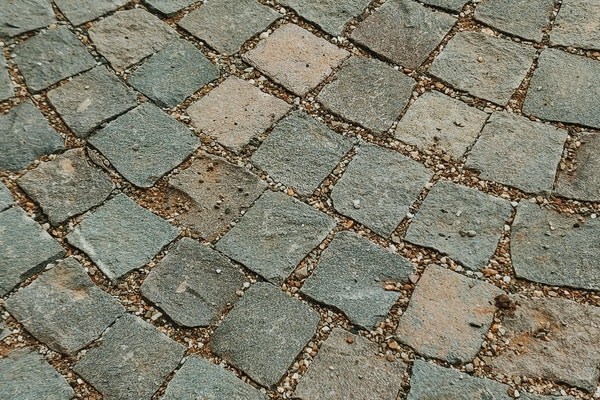
Block paved driveways are constructed by using cuboid-shaped paving bricks. These blocks are thicker and stronger than normal paving slabs. They are low maintenance with remarkable durability.
6. Asphalt or tarmac driveway
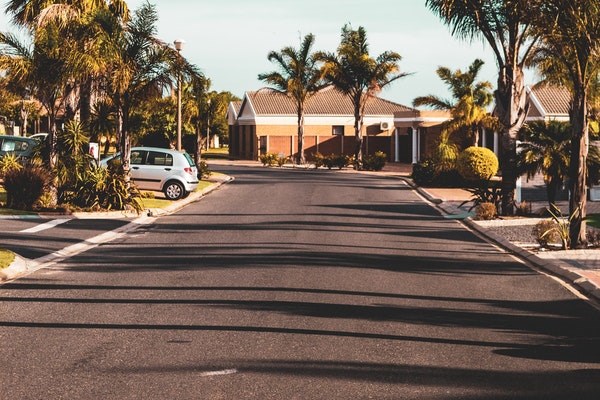
Asphalt and tarmac are often interchangeably used and misconstrued to be the same. However, the difference is that asphalt has a smoother surface and finish than tarmac. Tarmac also has larger aggregates than asphalt. When it comes to maintenance, you are better off with asphalt than tarmac.
Choosing the right driveway paving can be daunting if you don’t know what options are available.
Here’s how to find the right one:
Cost - One of the first considerations in this regard is the cost of the paving project. You need to carefully consider the cost per m² for products and materials. This must also include the labour costs to the contractor for the project to be completely done.
Durability - Durability must never be overlooked. This entails knowing how long the paving will last before you completely replace or start patching up the worn-out areas. This will save you money and going through unnecessary stress within a short space of time.
Home features - Ideally, you should consider matching your paving to your home’s features. What colour is your home’s roof? It’s never a bad idea to create a good colour contrast between your roof and the landscape.
Frequency of use - How often will the paved area be used? Do you have regular foot or vehicle traffic? How often the surface gets driven on or stepped on will give you a good idea on what type of pavers you can consider. There is no use putting expensive marble pavers in an area with constant vehicle traffic.
Area shape - Not all pavers are suitable for every space. Large format pavers for example make smaller spaces appear bigger. Some spaces may also require cut pavers to fit tight spaces. You should therefore highly consider the shape of the area.
Colour - Colour is a key consideration when it comes to paving. However, choosing the right colour must be aligned with the possible use of the area. Is it an entertainment area, children’s play area, courtyard or a patio, or a parking lot? All these areas will require different colours to give them a different feel and texture. For a parking space, you are safer going with darker colours. For a children’s play area, you can choose mentally stimulating colours. For a pool deck, light colours that are cooler on the feet are the best.
The guidelines provided above if well adhered to will assist you with implementing a cost effective and stress-free paving project.
